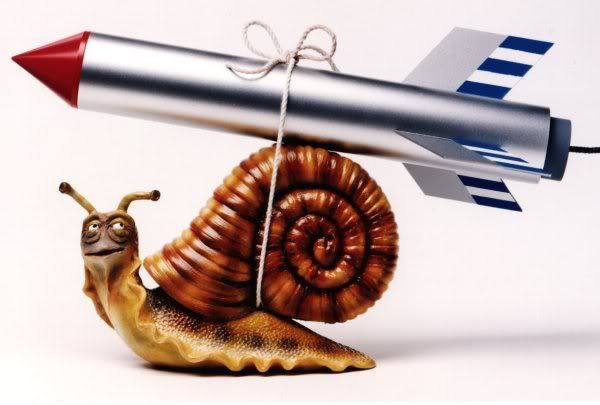Skip to comments.
Officials instructed Benghazi hospital to list Stevens as "John Doe"
CBS NEWS ^
| May 30, 2013
| Sharyl Attkisson
Posted on 05/30/2013 3:56:29 PM PDT by billys kid
Edited on 05/30/2013 5:42:20 PM PDT by Admin Moderator.
[history]
U.S. officials gave instructions for Benghazi Medical Center to use a "John Doe" pseudonym on the death certificate of Ambassador Christopher Stevens after he died of asphyxiation in the Sept. 11, 2012 terrorist attacks on the U.S. mission in Benghazi, Libya. That's according to a U.S. official speaking on condition of anonymity because the official isn't authorized to speak publicly on the matter. The reason for the pseudonym, says the official, was to avoid drawing undue attention to the importance of the victim as Americans rushed to figure out how to recover Stevens' body and return it to the U.S.
(Excerpt) Read more at CBSNews.com ...
TOPICS: Foreign Affairs; Government
KEYWORDS: 201209; attkisson; benghazi; benghazitimeline; navyseals; stevensjohndoe; threatmatrix
Navigation: use the links below to view more comments.
first previous 1-20, 21-40, 41-51 last
To: LucyT
Impeachment File on Benghazi Coward “B. Hussein Obama,” also known as Barry Soetoro, a legal citizen of the sovereign Nation of Indonesia.
41
posted on
05/30/2013 7:34:16 PM PDT
by
Graewoulf
(Traitor John Roberts' Commune-Style Obama'care' violates U.S. Constitution AND Anti-Trust Law.)
To: GeorgeWashingtonsGhost
To: AnAmericanMother
I agree...he was dead in those photos/video.
43
posted on
05/30/2013 8:20:55 PM PDT
by
Girlene
To: LucyT; Admin Moderator
44
posted on
05/30/2013 8:24:49 PM PDT
by
Brown Deer
(Pray for 0bama. Psalm 109:8)
To: billys kid
Does anyone know how many people were with Stevens in the same building at the time of the attack? Where were the secret thirty or so state department people located that night?
45
posted on
05/30/2013 8:29:03 PM PDT
by
Toespi
To: billys kid
It’s starting to come together in my mind now- was that faggot Doug Shulman in the white house 09/11 2012? Is that what our president was doing when our Ambassador and seals were getting killed?
46
posted on
05/30/2013 10:33:18 PM PDT
by
matthew fuller
(Multiculturalism is the answer!)
To: MestaMachine
“This is outrageous!!!”
I don’t have a problem with it, as long as when Zero resigns or is impeached, he’s referred to as President John Doe.
47
posted on
05/31/2013 6:22:44 AM PDT
by
Rennes Templar
(The true Obama persona is emerging, the one from his first Presidential debate.)
To: billys kid
The reason for the pseudonym, says the official, was to avoid drawing undue attention to the importance of the victim as Americans rushed to figure out how to recover Stevens' body and return it to the U.S.Yeah, right, they were trying to hide is identity from Libyans. lol
48
posted on
05/31/2013 7:33:33 AM PDT
by
TigersEye
("No man left behind" is more than an Army Ranger credo it's the character of America.)
To: bgill
The decision to use the “John Doe” was probably done at a moment when 0bama and Hillary were still trying to figure out whether they could keep us from finding out about the attack in the first place.
49
posted on
05/31/2013 10:59:42 AM PDT
by
NEMDF
To: luvbach1
A week or so later, they could have had him die in a car accident there in Libya. Who would ever know?
50
posted on
05/31/2013 11:00:42 AM PDT
by
NEMDF
To: All
51
posted on
05/31/2013 11:01:46 AM PDT
by
musicman
(Until I see the REAL Long Form Vault BC, he's just "PRES__ENT" Obama = Without "ID")
Navigation: use the links below to view more comments.
first previous 1-20, 21-40, 41-51 last
Disclaimer:
Opinions posted on Free Republic are those of the individual
posters and do not necessarily represent the opinion of Free Republic or its
management. All materials posted herein are protected by copyright law and the
exemption for fair use of copyrighted works.
FreeRepublic.com is powered by software copyright 2000-2008 John Robinson

